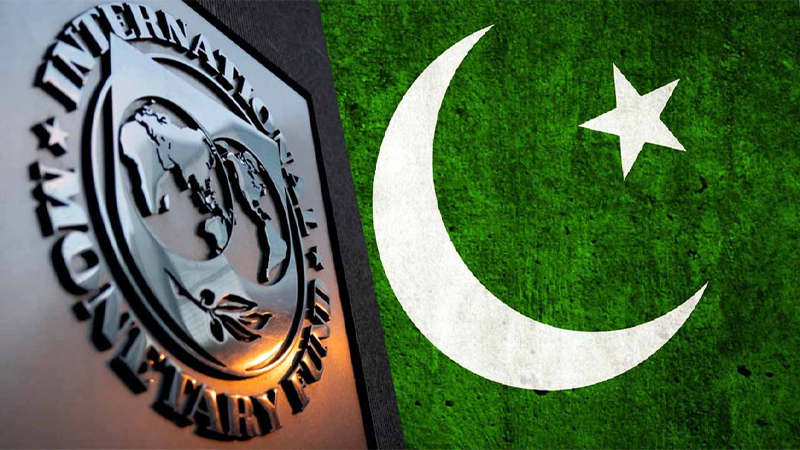Pakistan’s coalition government is set to announce an ambitious budget for the 2024-2025 fiscal year on Wednesday, aiming to bolster its position in ongoing bailout negotiations with the International Monetary Fund (IMF). The government is seeking a loan between $6 billion and $8 billion to prevent a default in an economy currently experiencing the slowest growth in the region.
“The budget holds critical significance for Pakistan’s IMF programme and must close the gap between our revenue collection and total expenditure; it is thus likely to be contractionary,” said Ali Hasanain, head of the economics department at the Lahore University of Management Sciences.
Last summer, Pakistan narrowly avoided default with a short-term IMF bailout of $3 billion over nine months. Although the fiscal and external deficits have been curbed, the measures have resulted in a sharp decline in growth and industrial activity, along with high inflation averaging nearly 30 per cent over the last financial year and 24.52pc in the past 11 months.
The growth target for the upcoming year is set at 3.6pc, a significant increase from the 2pc growth this year and economic contraction the previous year.
Prime Minister Shehbaz Sharif has committed publicly to implementing tough reforms since his election in February. However, high prices, unemployment, and a lack of new job opportunities have intensified political pressure on his coalition government.
In a recent note, Standard Chartered highlighted the challenges facing Sharif’s government in fully implementing IMF-prescribed measures, such as broadening the tax base and increasing power tariffs. “A weak coalition government, a vocal and popular opposition, and the difficulty of implementing deep-rooted structural reforms were seen as reasons for caution,” the note said. It also warned that front-loading tough fiscal measures could provoke public backlash.
This budget will also serve as a critical test for newly appointed Finance Minister Muhammad Aurangzeb, formerly the chief of HBL, Pakistan’s largest bank. He was brought in by Sharif to devise new policy solutions for Pakistan’s $350 billion economy. Previous finance ministers have avoided controversial steps like cutting subsidies, reducing government spending, and increasing tax revenues from politically sensitive sectors such as real estate, agriculture, and retail.
Mustafa Pasha, chief investment officer at Lakson Investments, expressed skepticism about the feasibility of taxing agriculture, retail, and real estate. “Any attempt to tax agriculture, retail and real estate will likely be poorly structured and face legal challenges which will prevent any collection,” he said. However, he added that failing to meet IMF demands could delay a new programme, which Pakistan cannot afford for long.
Additionally, the budget will outline targets for proceeds from privatisation. Pakistan is preparing to make its first major sale in nearly two decades by selling a stake in its national airline. This sale is expected to be the first in a series of disposals of loss-making entities, particularly within the troubled power sector.
